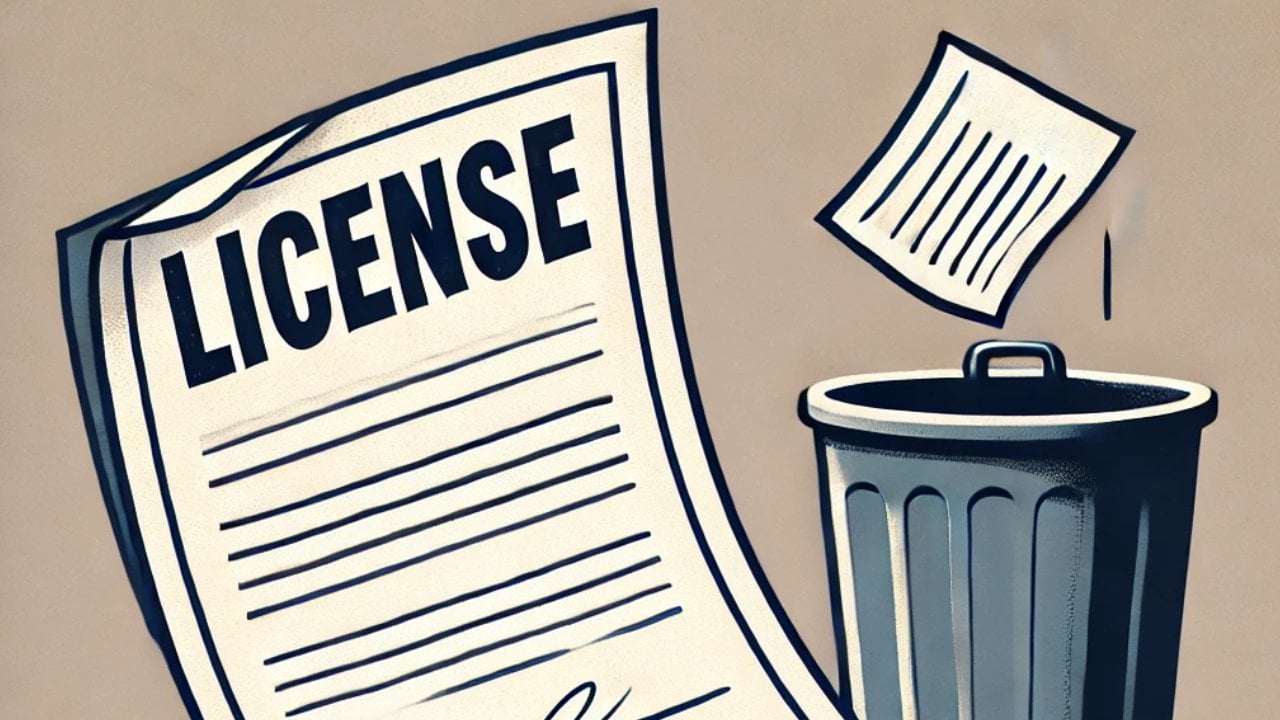New Zealand Chases 200,000 Crypto Investors For Untaxed Income
New Zealand’s tax authorities announced that over 200,000 citizens had not declared their crypto income in their tax returns. The watchdog issued a reminder that virtual assets are taxable and revealed it will take stronger measures to track those not disclosing their earnings in digital assets. Related Reading: DraftKings NFTs Securities Trial Advances As Judge […]

New Zealand’s tax authorities announced that over 200,000 citizens had not declared their crypto income in their tax returns. The watchdog issued a reminder that virtual assets are taxable and revealed it will take stronger measures to track those not disclosing their earnings in digital assets.
IRD Issues Letter To Crypto Taxpayers
The Inland Revenue Department (IRD) declared it is honing in on taxpayers who have not declared their crypto earnings. The tax authority will focus on those actively dealing with cryptocurrencies but have not disclosed their income on their tax returns.
In 2020, New Zealand updated its guidelines on the treatment of digital assets. Since then, cryptocurrencies have been treated as a form of property for tax purposes, meaning that what citizens make from trading these assets is taxable, as the IRD emphasized.
The updated rules state that digital assets and the income earned from their mining are taxable under certain circumstances.

The Tax authority has identified over 227,000 unique crypto users in the country with over 7 million transactions. These transactions are estimated to have a total value of NZD 7.8 billion, worth around $4.77 billion.
According to the report, the data received has helped the tax authority to identify customers who have not paid their taxes accordingly. Additionally, it has assisted the IRD in identifying users with significant holdings.
Trevor Jeffries, a spokesperson for the IRD, considers that investors should declare and have the means to pay the taxes for their profits as the market has grown this year:
Cryptoasset values have reached new highs, so now is a good time for people to think seriously about tax on their cryptoasset activity. The high value also means customers are well positioned to pay their tax for the 2024 tax year and earlier.
New Zealand To Step Up Compliance Activities
Jeffries stated that investors should think about their tax obligations and consider the risks attached to not declaring all related taxable activities. He also stressed that the authority has provided extensive guidance regarding crypto taxes.
Last year, the tax department notified a group of high-risk customers and allowed them to fix any non-compliance issues before facing an audit. Similarly, the IRD revealed it sent a new round of letters to crypto investors who have yet to declare their income properly.
Jeffries revealed that the tax department is “stepping up” its compliance activities for taxpayers owning digital assets and reminded users that the IRD can identify them.
We want customers and tax agents to know that we are stepping up our compliance activities for customers with cryptoassets. Despite popular thinking – people are not invisible on Blockchain, and we have the tools and the analytics capabilities to identify and expose cryptoasset activities.
The IRD stated that it collaborates with exchanges inland and overseas to collect pertinent information. The department is also working with other tax jurisdictions to receive more data on customers’ crypto assets and transactions outside New Zealand.
It is worth noting that the country’s crypto regulations are largely undeveloped. Last year, the Reserve Bank of New Zealand (RBNZ) declared that a regulatory approach “isn’t needed right now, but increased vigilance is.”
However, the Minister of Commerce and Consumer Affairs Andrew Bayly, considers that the government should take a more hands-on approach toward regulating the sector.
In April, Bayly responded to an inquiry by a lawyer committee, suggesting that New Zealand takes a more “proactive and innovation-friendly approach to digital assets and blockchain.” To the Minister, the government should support the industry’s growth and consider the recommendations made in the Inquiry.
What's Your Reaction?




















